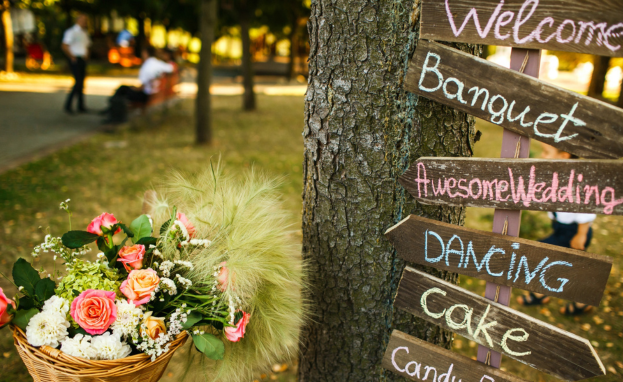Special Event Planning involves coordinating and organizing events that are unique, memorable, and meaningful, often tailored to the specific needs of clients. These events can range from destination weddings and corporate retreats to milestone celebrations such as anniversaries or birthdays. The process begins with understanding the client’s vision, preferences, and budget to ensure the event aligns with their expectations. From there, planners select the perfect destination, venue, and vendors, ensuring all logistics are managed effectively. Special event planning also includes organizing accommodations, transportation, and catering, as well as coordinating entertainment and activities to keep guests engaged. A key aspect is attention to detail, ensuring every element, from décor to personalized services, enhances the guest experience. Event planners also ensure the smooth flow of the event on the day, managing timelines and troubleshooting any issues that arise. Post event follow up is important for gathering feedback and ensuring all guests have a positive experience. Ultimately, special event planning is about creating an exceptional experience that exceeds expectations and leaves lasting memories. Successful event planning blends creativity, organization, and communication to bring a client’s vision to life.

Managing client expectations is a crucial aspect of successful event planning. It begins with understanding the client’s vision and needs through an in depth consultation, ensuring a clear picture of their goals for the event. Setting realistic expectations regarding budget, timeline, and available options is essential to avoid disappointments later. Regular communication throughout the planning process helps keep the client informed about progress and any adjustments that may be needed. The growing demand for tour packages reflects the busy,fast paced nature of modern life, where time is limited and efficiency is key.Being transparent about potential challenges or limitations allows for realistic decision making. Additionally, addressing feedback promptly and making necessary changes demonstrates responsiveness and commitment to the client's satisfaction. Clear documentation of all agreements, decisions, and timelines ensures mutual understanding and avoids confusion.
Client engagement in event planning involves maintaining open communication throughout the process. Regular updates, feedback, and addressing concerns make clients feel valued. Actively listening to their ideas ensures a tailored, personalized event. Staying engaged helps exceed expectations and build long-term relationships. Transparent communication fosters trust, creating memorable events and satisfied clients. By offering timely solutions and adapting to changes, event planners can deliver a seamless experience. Engaged clients are more likely to recommend services and return for future events.
